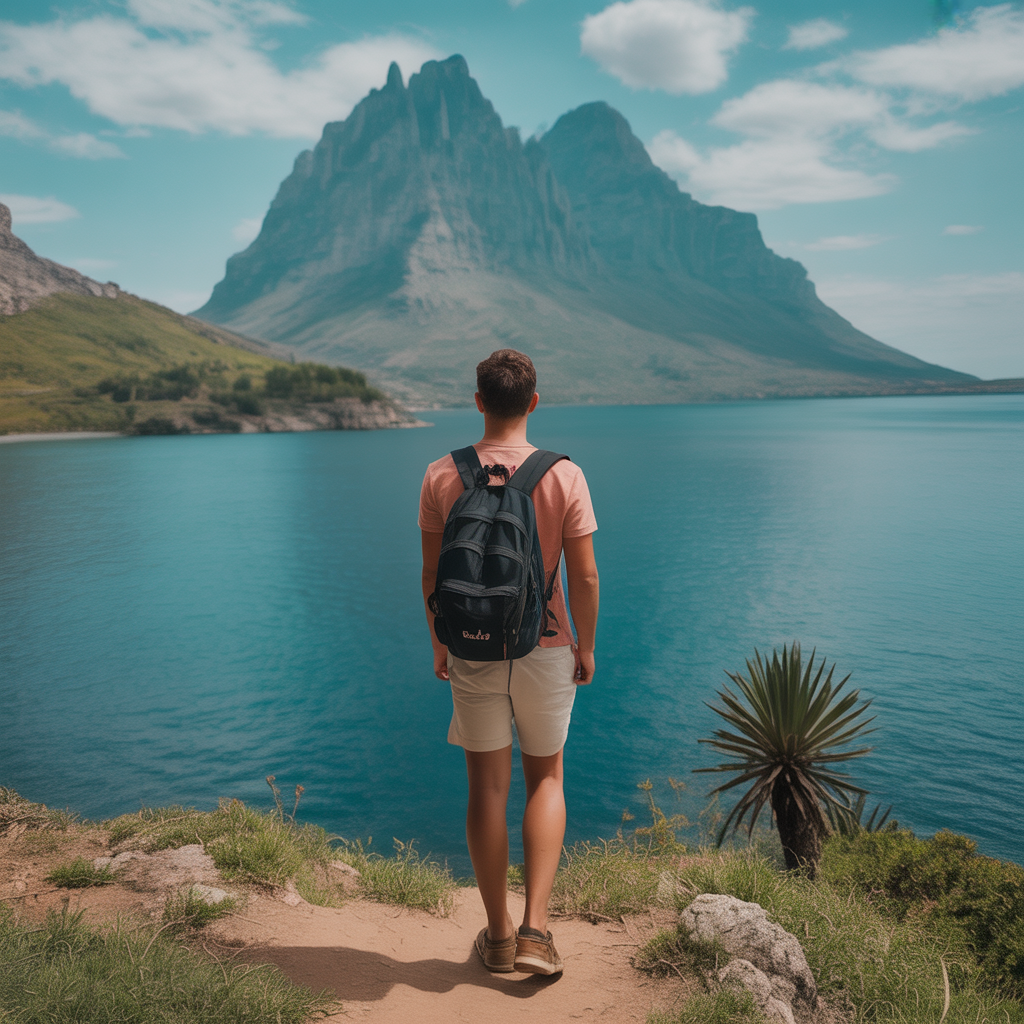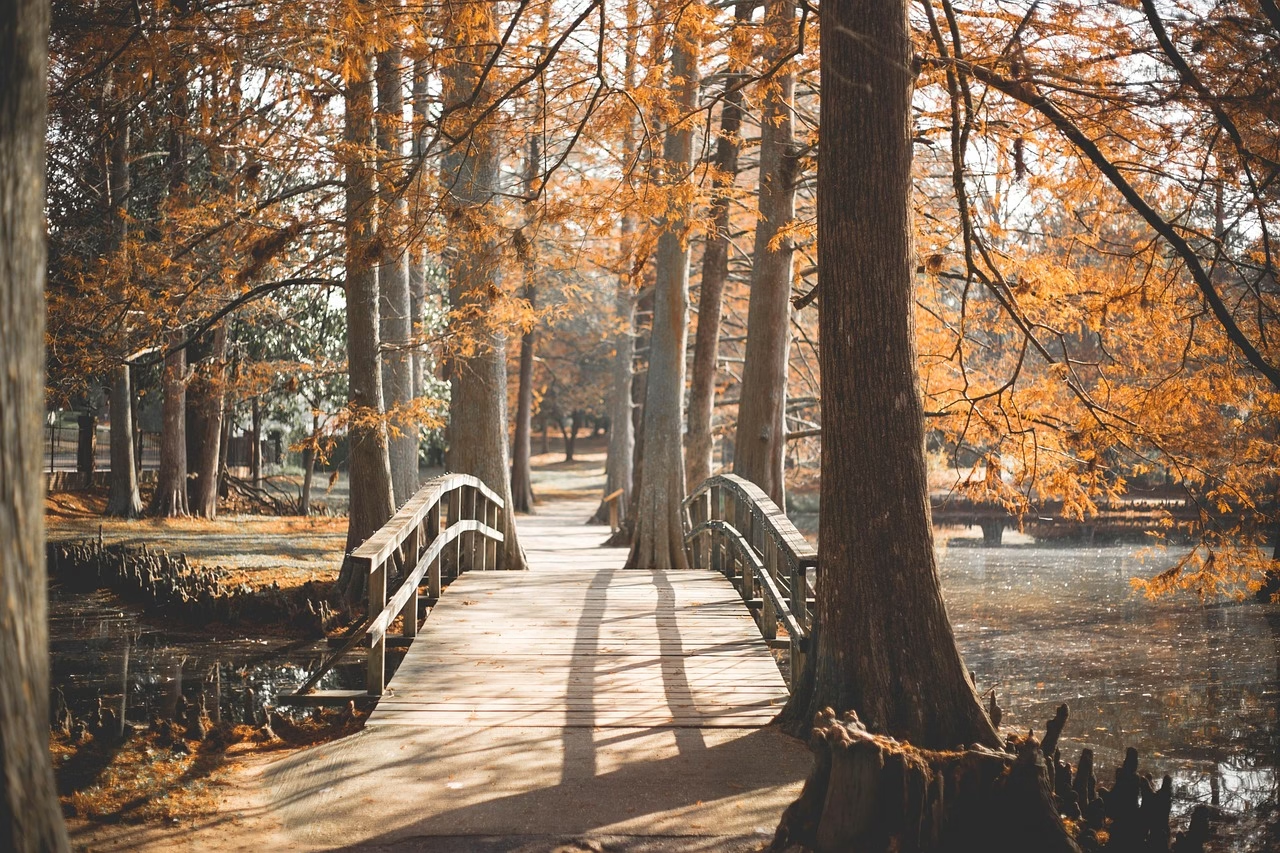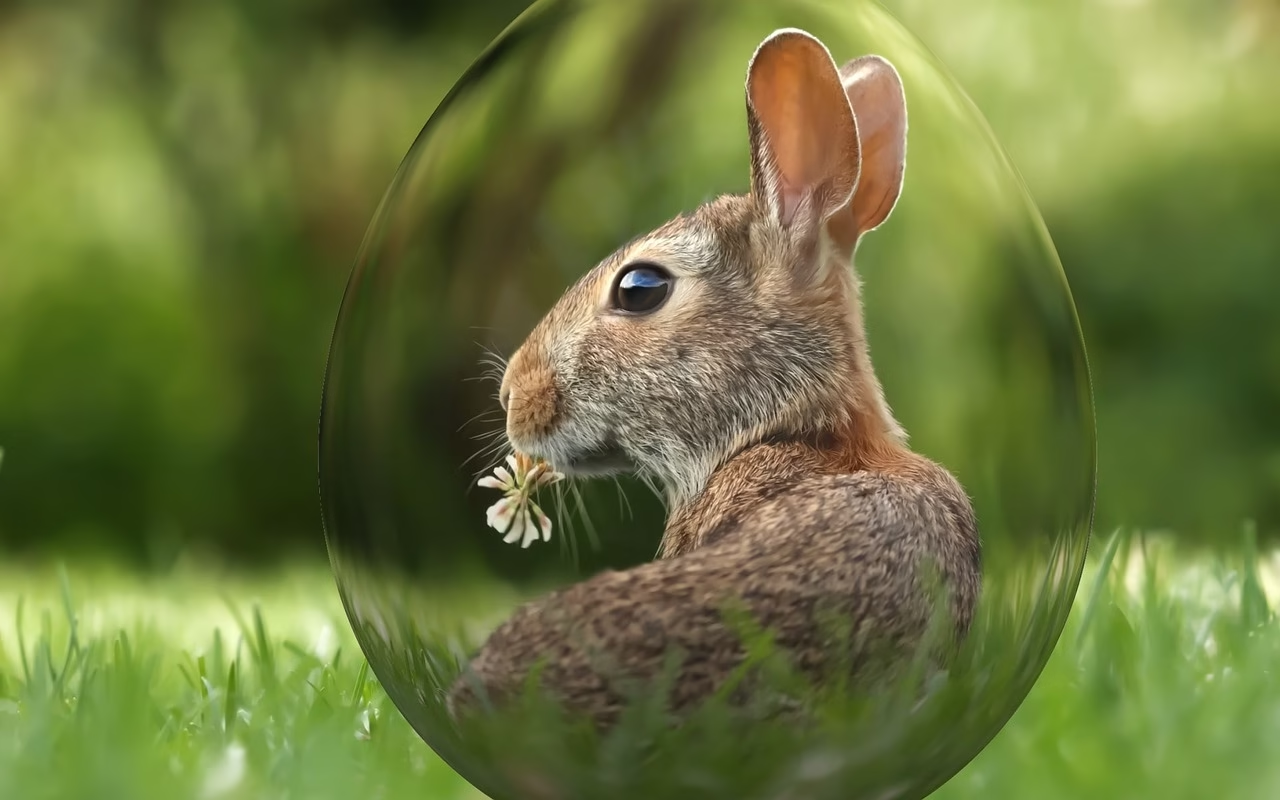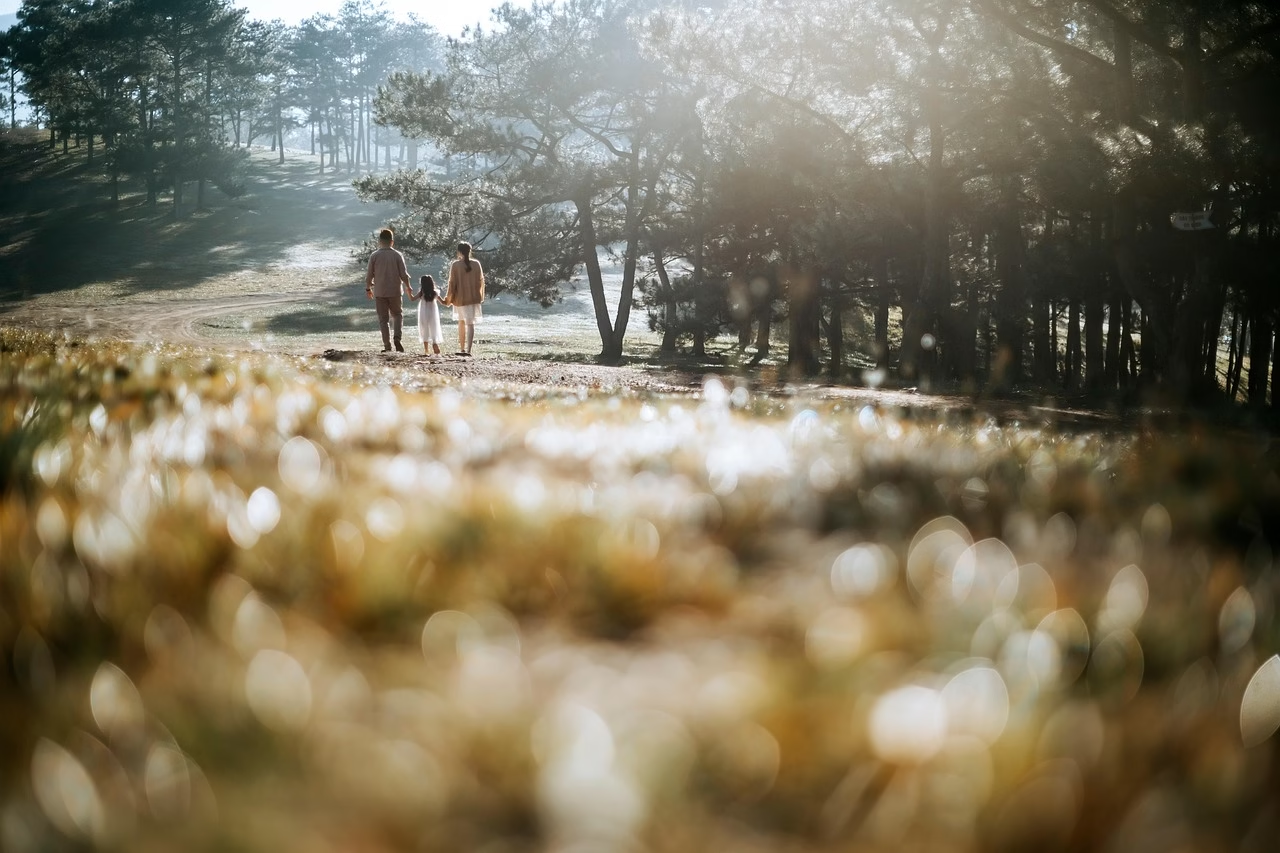There’s a particular electricity in the air at midnight—a current that arcs between shadow and neon, pre-dawn mystery and memory in-the-making. As the world rubs the sleep from its eyes and clocks tick toward darkness, a new global adventure is awakening: Noctourism. This isn’t just nightlife—it’s a movement, a celebration of everything that stirs after sunset. In 2025, “noctourists” like me are swapping day plans for moonlit escapades, drawn by the call of the world’s cities, wilds, and cultures after dark.
The First Pulse: A Night in Tokyo’s Shinjuku
My journey into noctourism began amidst Tokyo’s labyrinthine Shinjuku district. I weaved through alleys glowing with kanji-brushed lanterns, the air thick with the aroma of sizzling yakitori and the laughter of insomniacs. This wasn’t a city running from darkness, but one that thrived on it. Locals invited me to hidden izakayas where sake is poured until sunrise, and strangers slip into friends across shared plates and secrets.
“After midnight, every street corner transforms. Neon edits the cityscape, and the everyday turns cinematic.”
Shinjuku is just one node in the growing constellation of night-centric travel destinations. From Mexico City’s rooftop taquerias to 24-hour art houses in Berlin, the true spirit of a place often emerges once the sun retreats. For us noctourists, night is not the end of possibility—it’s the beginning.
Why We’re Chasing the Night
Noctourism isn’t simply about seeking after-parties or all-night raves (though I’ve danced under many a foreign moon). It’s about a deeper immersion, a hunger for authentic, unscripted experience. Cities and landscapes change character after dusk. Local markets reawaken, street musicians claim the stage, and cultural rituals unfold: call to evening prayers, flame-lit festivals, or the clandestine hum of underground speakeasies.
In the quiet hours, I’ve wandered through Istanbul’s midnight bazaars, where old men sip apple tea and fortune tellers beckon with stories sealed in cigarette smoke. I’ve kayaked Cuba’s bioluminescent bays, my paddle glowing blue with every stroke, galaxies mirrored beneath me. The magic is real, and it’s everywhere—one just needs to let the darkness reveal it.
The Forces Fueling Noctourism
Technology is blurring the line between night and day. In 2025, safer, well-lit public spaces, round-the-clock transport, late-night tours, and immersive augmented reality apps guide nocturnal adventurers fearlessly through backstreets and wilderness alike. Global tourism boards invest in creative lighting festivals and after-dark experiences—from Barcelona’s moonlit Gaudí tours to Bangkok’s floating night markets—attracting those eager to transcend the ordinary itinerary.
Environmental awareness, too, is shaping this evolution. In Scandinavia, “dark sky parks” promise celestial wonder and Northern Lights shows unmarred by urban glare. In Kenya’s Maasai Mara, low-impact night safaris let travelers witness lions and leopards in their prime, all without disrupting the delicate nocturnal ecosystem.
Meeting the Night’s Guardians
Every city has its night keepers—the poets, chefs, musicians, and street artists who trade the certainty of sunlight for inspiration after hours. In Lisbon’s Alfama, fado singers echo heartbreak into tiled alleyways while neighbors lean from windows, candles flickering with their applause. These unsung guardians become the nighttime guides of the noctourist, enriching each step with stories the daylight conceals.
Night—The Final Frontier for Wonder
Noctourism is transforming how we travel by inviting us to feel, not just see, the world anew. The night tests our senses, slows time, and births a sense of awe often lost in the haste of daytime itineraries. I recall one restless dawn, standing at the peak of Hong Kong’s Victoria Peak, city-lights still burning below as soft pink swells lit the horizon. In that moment, sleep could wait. Wonder would not.
As the notion of noctourism becomes not just trend but tradition, I find my passport filling with stories best told under the stars. Whether tracing jazz riffs through New Orleans’ Frenchmen Street or quietly sharing soup with monks in Seoul’s temple gardens, the world after dark pulses with possibility—if only we are bold enough to wander.
Marco Santiago





